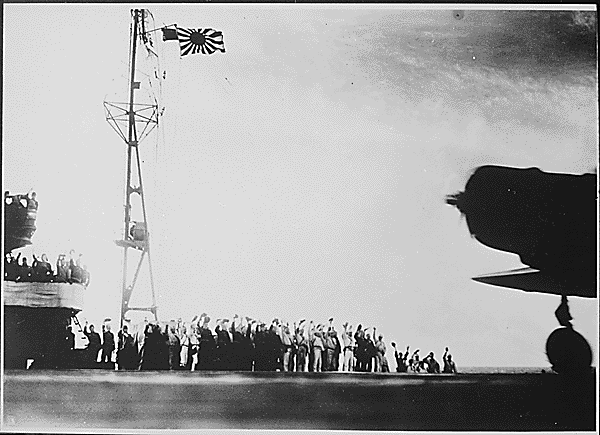
Janice Cho’s hands began to shake. Anger raged through her body. She wasn’t angry at the man walking to campus in front of her, but at the flag sewn onto his backpack.
It was the Japanese Rising Sun flag, or war flag, on his backpack. She approached him to find out whether he knew what that flag symbolized; he said he didn’t.
Janice is a 27-year-old Korean who recently graduated from BYU with a master’s degree in mass communications. She is one of the many Koreans who find the Rising Sun flag offensive.
Flags conveying controversial or objectionable ideas are nothing new. But recently, the Korean Business Student Association at BYU set a goal to educate students about how the Rising Sun flag is, to Koreans, a symbol of war crimes committed by the Japanese during their imperialist movement, including World War II. More notable is the recollection that Korean and other women were used as sex slaves, or “comfort women,” for Japanese soldiers.
“Our ancestors were killed, were assassinated by Japanese. They used this flag when they actually invaded us,” said Junyeob Cho, a 26-year-old recent BYU graduate in accounting. Junyeob is from South Korea and is the former president of the association.
Junyeob and Janice have grandparents who remember the Japanese occupation. One of Junyeob’s grandmothers told him that her freedom was restricted as a teenager because Japanese soldiers stayed in her house.
“For us, this flag means (the same as a) Nazi flag. Whenever we see the Nazi flag, we know what happened in Europe,” Junyeob said. He said the Rising Sun flag stirs stronger feelings in him than the Nazi flag.
More generally, Janice believes the way western students study history could be the reason BYU students see the Rising Sun flag as less offensive than the Nazi flag. She recognized this issue wasn’t found just at BYU, but felt, after she and other members of the club noticed the flag various places at BYU, they could try to help other students understand its history. She feels if students understand her history with the Rising Sun flag they would look at it differently.
Korean angst over the Rising Sun flag isn’t unique to BYU. Last August, The Washington Post pointed to similarities between protests over the rising sun flag and controversy surrounding use of the Confederate flag. The Post also said the Japanese Maritime Self-Defense Force still flies the flag today, and the Japanese Ground Self-Defense Force flies a modified version of the flag.
The BYU club is coordinating with the University of Utah’s Korean Business Student Association to put together an action plan for Fall Semester 2016. They are considering handing out information fliers and inviting a guest speaker to talk about the flag and the history behind it.
“Knowing other people’s background and history helps us, helps me and you and other BYU students, become global leaders,” Junyeob said.
Kevin Huefner, a BYU senior studying international relations and Japanese, has studied countries’ relationships within East Asia and the Middle East. He holds a different opinion about the Rising Sun flag.
“I have heard some people who equate (the Rising Sun flag) to the Nazi flag, but I really think that’s a gross misrepresentation of what it means to Japanese people,” Huefner said. “If you look at the Nazi flag, that flag is specifically associated only with the Nazi regime.”
The Rising Sun flag was adopted by the Meiji State in 1870 as the army and navy Rising Sun flag. Today, the Rising Sun flag is flown as the Japan Maritime Self-Defense Forces flag, and a similar version, with fewer rays, is the Japanese Ground Self-Defense Forces flag.
“The flag is just a symbol, and it means different things for different people,” Huefner said.
There have been various reactions to controversial flags. Rwanda changed its flag in 2001 because of its association with the 1994 genocide there, according to BBC News. The southern Confederate flag can be seen as a sign of southern pride or as support for racism. The United States Holocaust Memorial Museum expands on the Swastika explaining it means means good fortune, but if someone wears it now it is a sign of support for the Nazi regime.
“I think hanging (the Japanese Rising Sun flag) in your front room is inappropriate, just for the reason that I think it’s better safe than sorry, even though I think the anger toward the flag in particular is unfounded,” Huefner said.
Junyeob and Janice don’t want their desire to inform BYU to be seen as a attack on the Japanese.
“If we offend the Japanese, it’s the same thing over and over. It’s the endless cycle,” Janice said. “I think it’s (up to) our generation now to make a compromise: to know the history, get the facts straight and understand what the difference is and understanding why people think differently in each nationality.”




